The Corbevax COVID-19 vaccine was developed by researchers in Texas with no patent, and could be the end of global vaccine inequity.
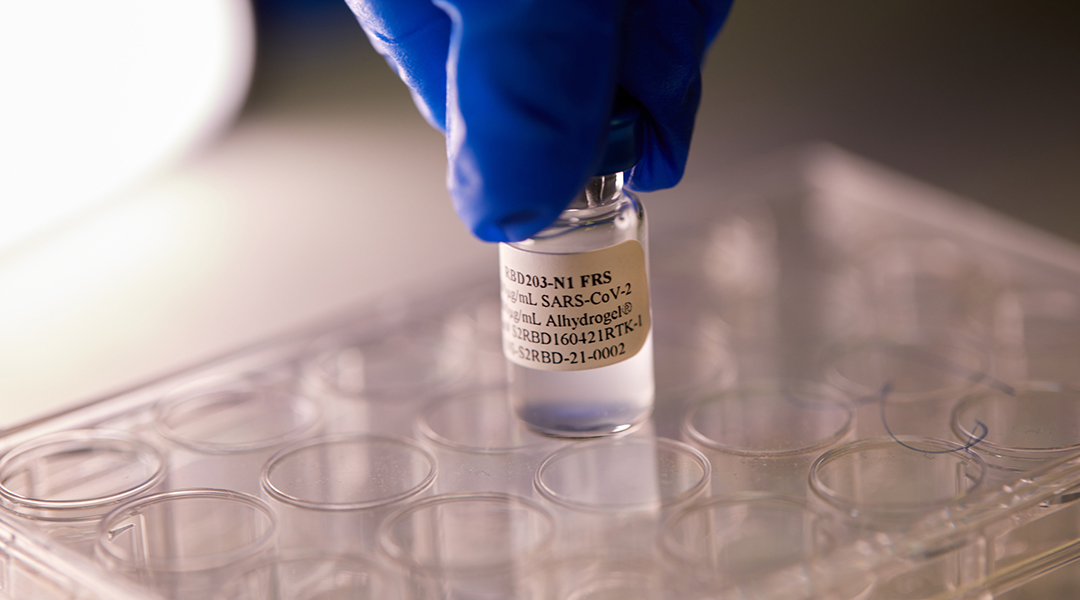

The Corbevax COVID-19 vaccine was developed by researchers in Texas with no patent, and could be the end of global vaccine inequity.
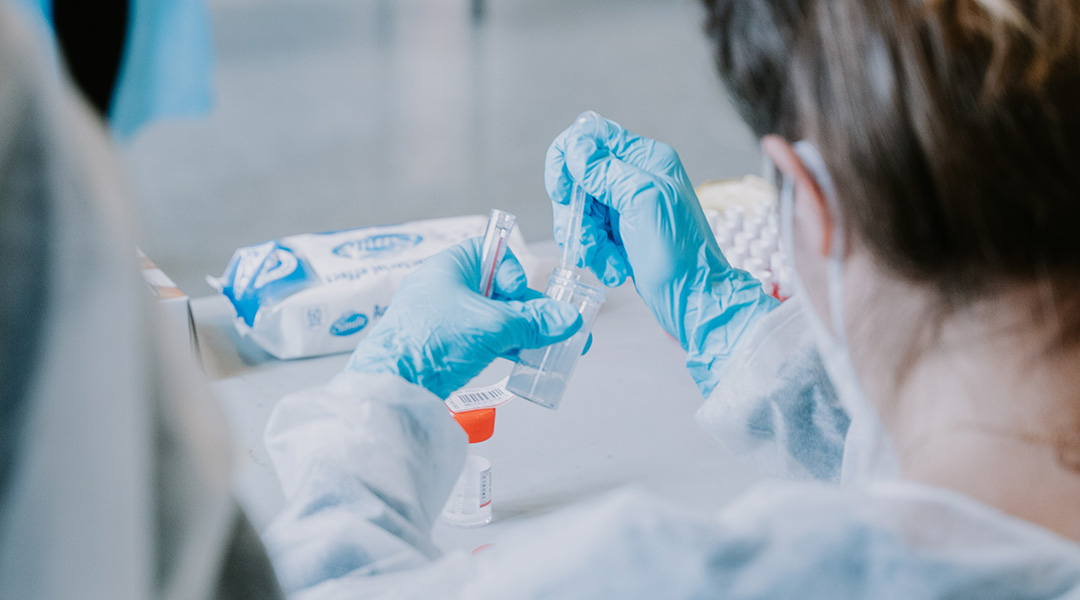
Preliminary data indicates that booster shots improve antibody levels 25-fold compared to just two doses.
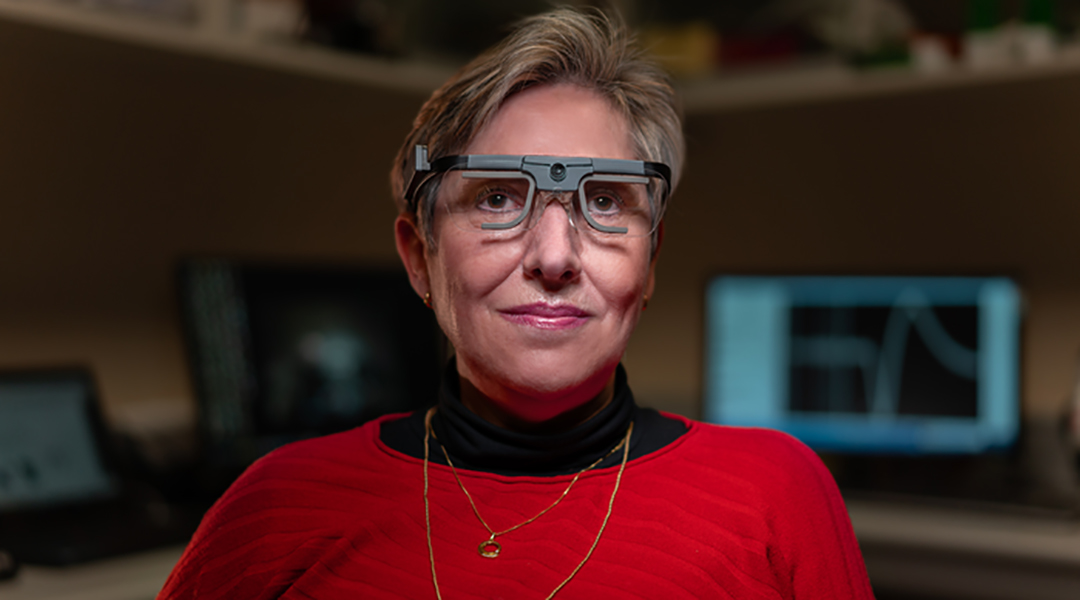
A microelectrode array no bigger than a penny gives hope to restoring sight in blind people.
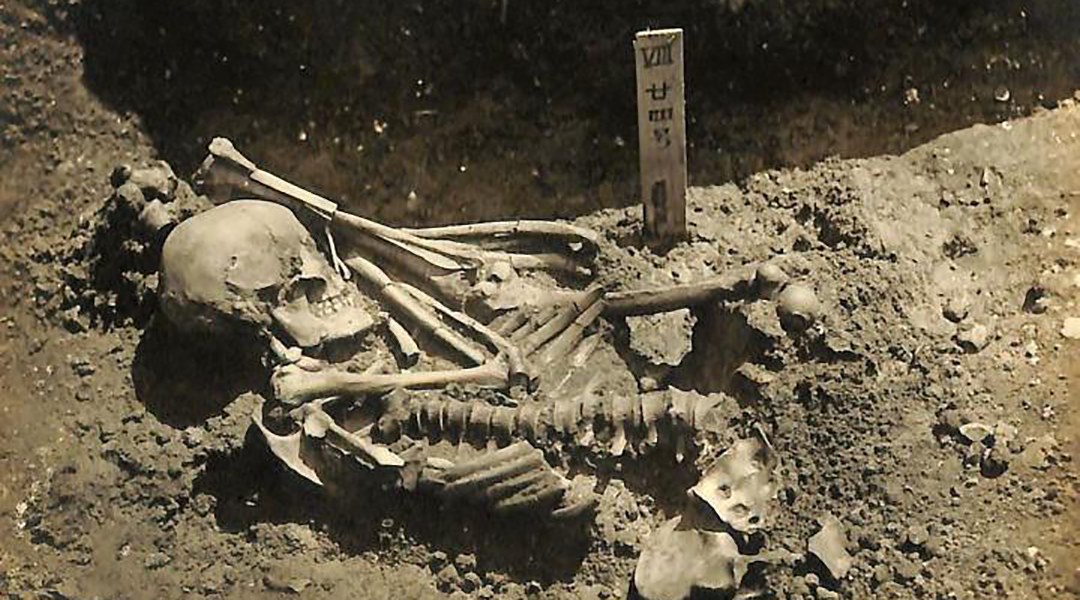
Analysis is a rare example of archaeologists being able to reconstruct a dramatic episode in the life of a prehistoric community.
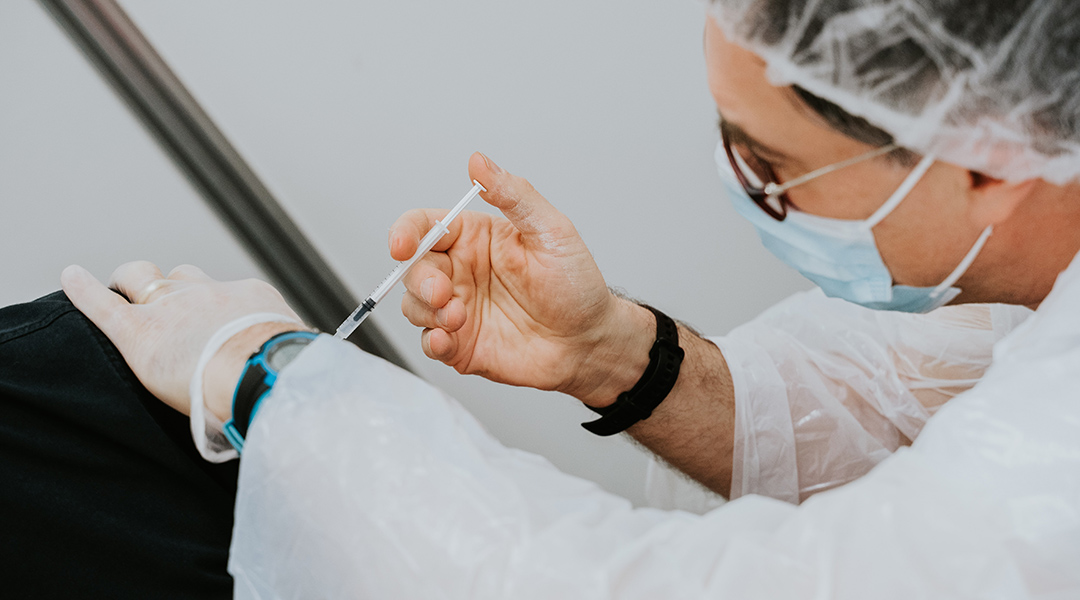
Emerging data from trials exploring mixing different types of vaccines demonstrate the practice is safe and could boost immunity.
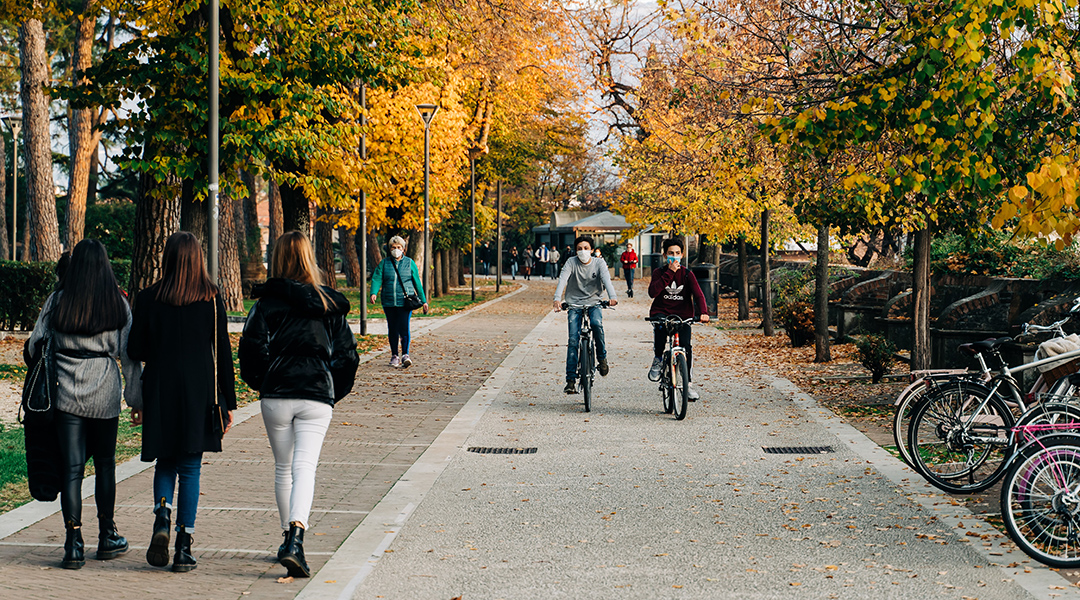
Though risk is lower, researchers debate whether people should be encouraged to wear masks outdoors or should efforts instead focus on reducing indoor transmission?
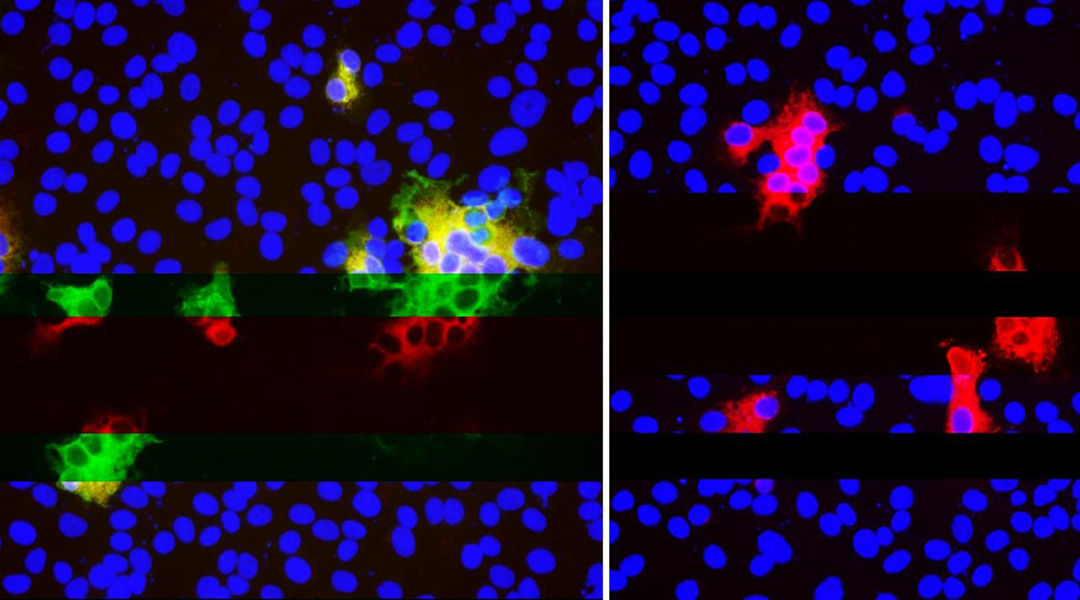
A scientific detective story unearths how SARS-CoV-2 evolves new variants that evade antibodies.

The Dyatlov Pass incident is an intriguing unsolved mystery. Now, researchers from EPFL and ETH Zürich use science to put forth a plausible explanation for the mysterious death of nine hikers.
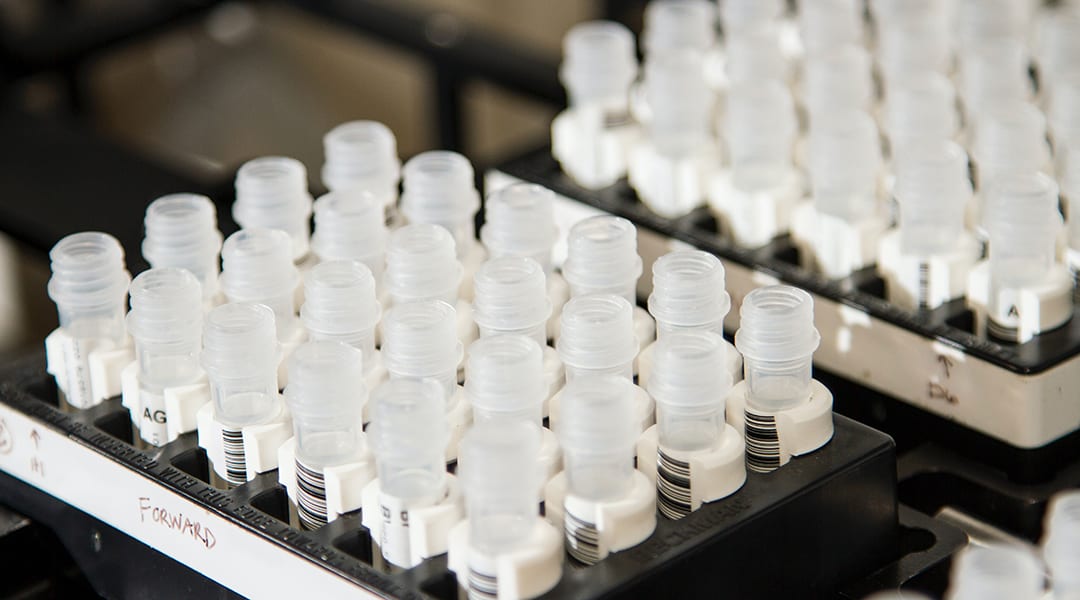
The results of the company’s COVID-19 vaccine clinical trials are the first to be published in a peer-reviewed journal.
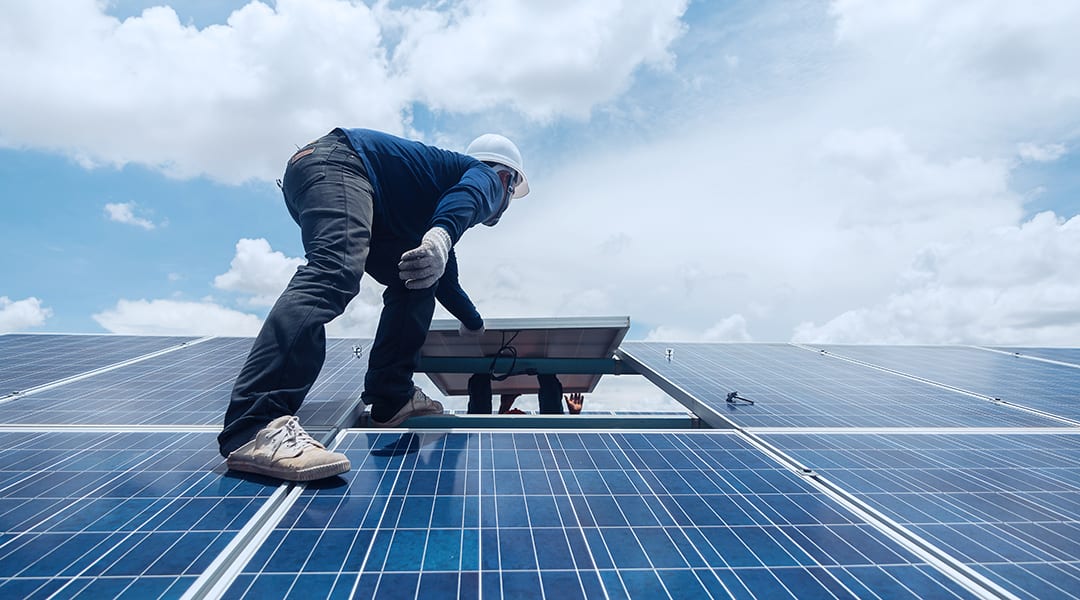
Researchers publish an up-to-date and easy-to-access platform with a global scope.